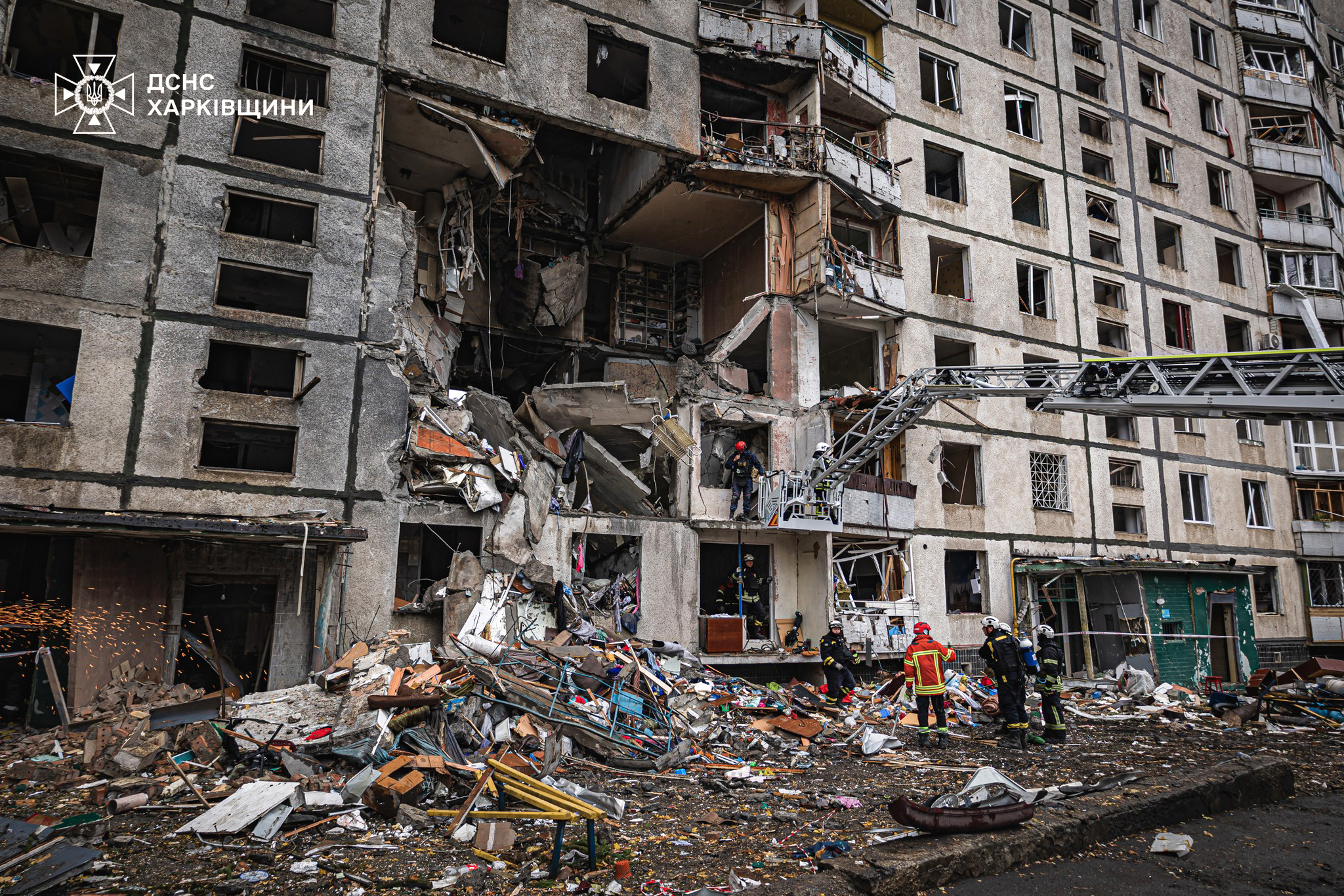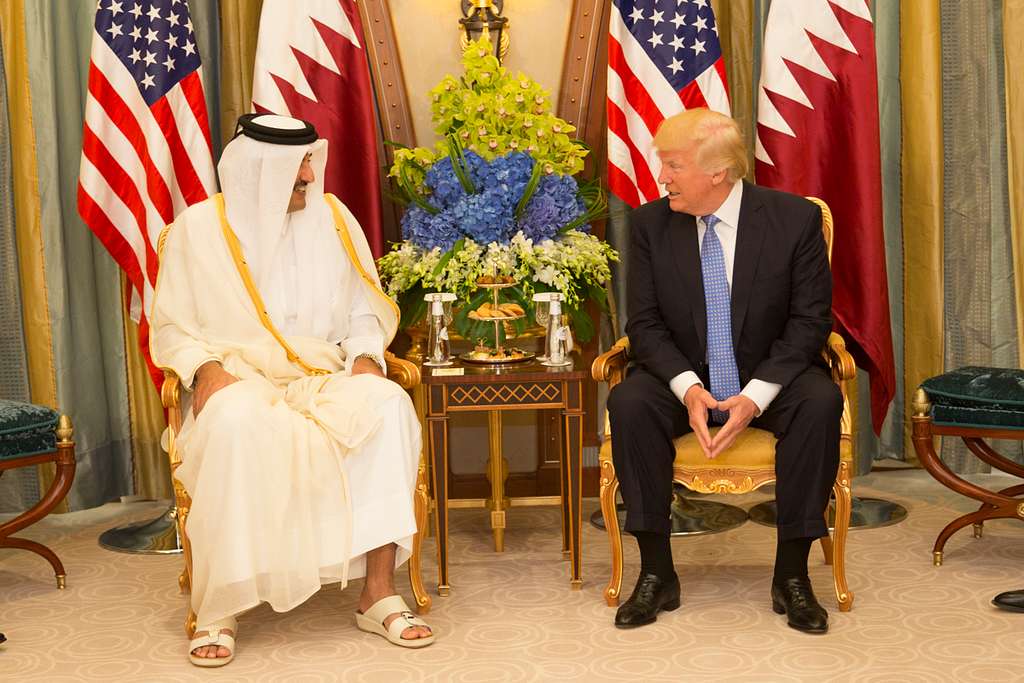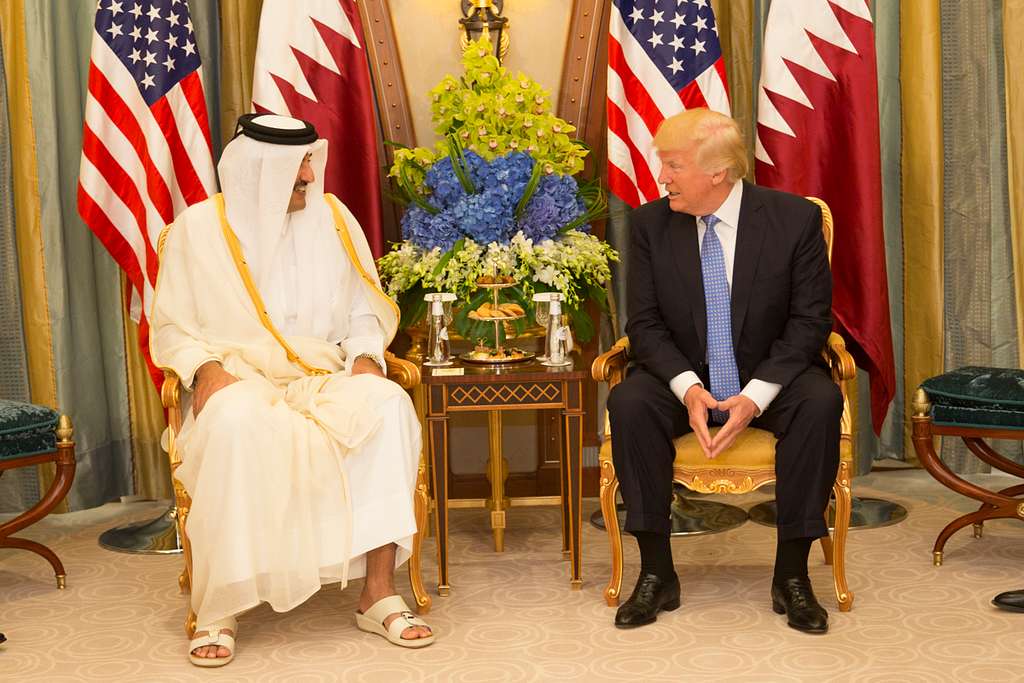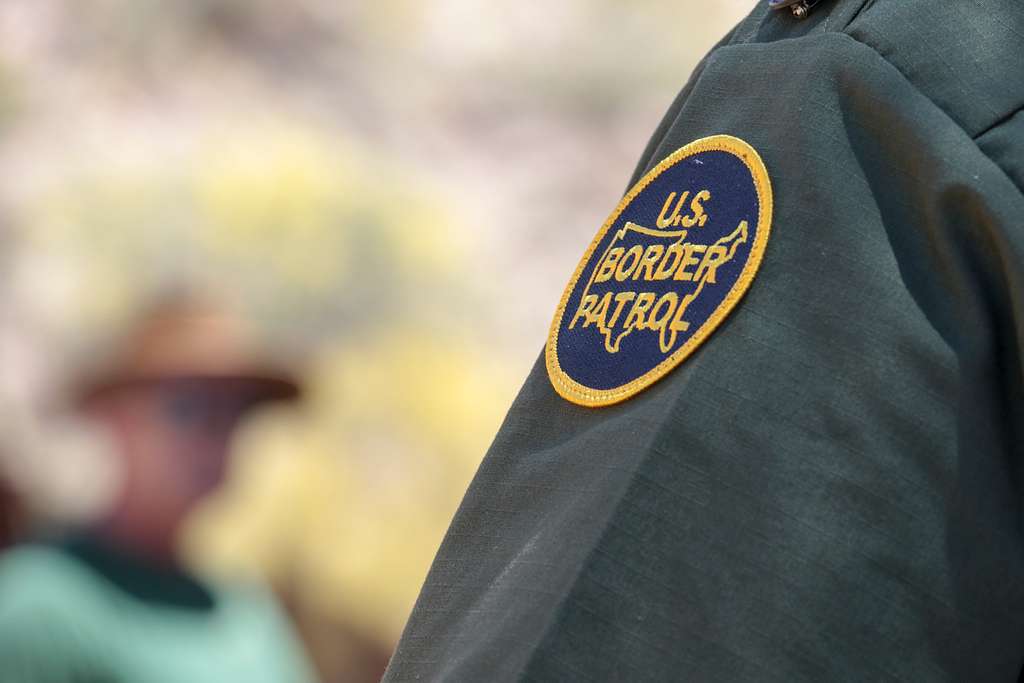A Global Health Crisis
Dengue fever has long been one of the most persistent and dangerous mosquito-borne illnesses in the world, particularly in tropical and subtropical regions. The disease, which affects an estimated 100 to 400 million people annually, has seen a dramatic rise in cases over the last two decades due to climate change, urbanization, and increased international travel. For decades, the primary methods of controlling dengue have relied on mosquito control measures, such as insecticides and community-wide eradication programs, but the continued spread of the disease has made it clear that vaccination is essential for large-scale prevention.
Dengue is caused by four distinct but related virus serotypes, meaning that infection with one type does not necessarily confer immunity to the others. In fact, secondary infections can be far more severe, often leading to dengue hemorrhagic fever or dengue shock syndrome, both of which can be fatal. The challenge in developing an effective vaccine has been in producing a formulation that works against all four virus serotypes without increasing the risk of severe disease in those who have never had dengue before. The introduction of a new dengue vaccine, TAK-003, marks a major step forward in the fight against this disease and could potentially save millions of lives—but only if the vaccine reaches the people and places that need it most.
The Evolution of Dengue Vaccines
The first attempt at a dengue vaccine came with Dengvaxia (CYD-TDV), developed by Sanofi-Pasteur. Approved in 2015, it was initially hailed as a breakthrough but was soon found to have significant limitations. It provided protection against dengue in individuals who had previously been infected, but for those who had never been exposed to the virus, it increased the risk of severe illness if they were later infected. As a result, its use was restricted to individuals with confirmed past infections, significantly limiting its global impact. While Dengvaxia remains available and has shown effectiveness in certain populations, its constraints underscored the urgent need for a more universally effective vaccine.
The new vaccine, TAK-003, branded as Qdenga, was developed by the Japanese pharmaceutical company Takeda and has been in development for over a decade. Unlike its predecessor, TAK-003 does not require individuals to have had a prior dengue infection to be effective, making it far more accessible to broader populations. The vaccine uses a live-attenuated version of the dengue virus, with components designed to target all four serotypes. Clinical trials have shown that it provides robust protection against symptomatic dengue and, more importantly, significantly reduces the risk of severe disease and hospitalization.
A Milestone in Dengue Prevention
In May 2024, the World Health Organization (WHO) prequalified TAK-003, signaling its confidence in the vaccine’s safety and efficacy. This step opened the door for widespread distribution, and as of early 2025, the vaccine has been authorized in 40 countries and is already available in 27. However, it has not yet received approval in the United States, where regulatory assessments are ongoing.
Argentina became one of the first countries to incorporate TAK-003 into its national vaccination calendar, following approval from the National Administration of Drugs, Foods, and Medical Devices (ANMAT) in April 2023. Given the country’s severe dengue outbreaks in recent years, the rollout of the vaccine has been seen as a crucial step in mitigating future epidemics. However, the urgency on the ground in places like Argentina highlights the broader issue: while the science may be ready, public health systems and global supply chains are often not. Disparities in healthcare infrastructure, political will, and logistics all determine whether the vaccine will reach those most at risk—especially in the middle of an ongoing outbreak.
The COVID-19 Factor and Vaccine Hesitancy
One major obstacle to the widespread adoption of TAK-003 may not be scientific or logistical, but rather social. The COVID-19 pandemic reshaped public perception of vaccines worldwide. While it showcased the power of modern medicine in developing vaccines at record speeds, it also exposed deep-rooted skepticism and misinformation surrounding vaccination efforts. In many countries, particularly in regions where vaccine mistrust is high, governments struggled to convince the public of the safety and efficacy of COVID-19 vaccines. This skepticism led to lower-than-expected uptake rates in some populations, prolonging outbreaks and complicating public health efforts.
The challenge for dengue vaccination programs will be overcoming similar trust issues. In some regions, particularly in Latin America and Southeast Asia where dengue is most prevalent, vaccine hesitancy remains a significant barrier to achieving widespread immunization. The controversy surrounding Dengvaxia further complicates this issue. The vaccine’s early rollout in the Philippines was marred by reports of severe illness in previously uninfected individuals, leading to public panic and government investigations. The backlash resulted in declining confidence in all vaccines, not just Dengvaxia, making it even harder to introduce new immunization programs.
Health authorities and policymakers will need to take proactive steps to educate the public on the differences between Dengvaxia and TAK-003, emphasizing that the new vaccine does not carry the same risks and is safe for broader populations. Transparent communication and community engagement will be key in ensuring that people feel confident in receiving the vaccine.
Effectiveness and Future Prospects
TAK-003 has demonstrated an ability to prevent symptomatic dengue in 60-80% of cases, while also providing significant protection against severe disease that leads to hospitalization. While no vaccine is perfect, these numbers are a major improvement over existing options. Ongoing studies are now focused on the long-term durability of the vaccine’s protection and whether booster doses may be required in the future.
One of the biggest challenges moving forward will be ensuring equitable access to TAK-003 in lower-income countries, where dengue is most prevalent. Many nations most affected by the disease lack the resources to implement widespread vaccination campaigns. International health organizations, including WHO and the Global Vaccine Alliance (Gavi), are expected to play a role in ensuring that the vaccine reaches those who need it most. But that support will require sustained funding, government cooperation, and public trust—three things that cannot be assumed, especially in regions where political instability and under-resourced healthcare systems are the norm.
The development of TAK-003 is a major victory in global health, demonstrating that decades of research and investment in dengue prevention are finally paying off. But it also represents a critical test: can the global health community deliver life-saving innovation not just to headlines, but to doorsteps? If rolled out effectively, TAK-003 could save millions of lives and significantly reduce the global burden of dengue fever in the years to come. But that promise depends not just on science—but on access, equity, and trust.
Author
Discover more from The Crustian Daily
Subscribe to get the latest posts sent to your email.













